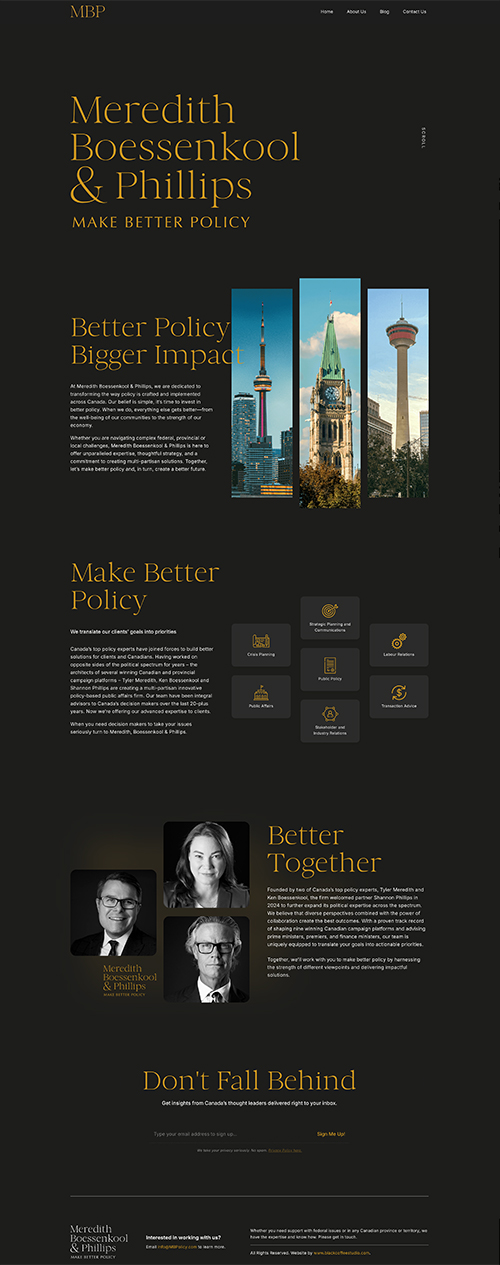Albertans are currently witnessing the spectacle of federal cabinet ministers liberally sprinkling dollars across our province. And while the attention may be welcome, the unfortunate reality is that each new dollar Ottawa doles out costs Albertans at least 35 cents.
If Ottawa wanted to spend a new dollar on each and every Canadian, by, say, increasing transfers to the provinces for health care, it needs first to raise the revenues (something politicians like to forget). And it is in the raising of the revenues that Alberta gets the short end of the stick.
If Ottawa raised personal income taxes to get the money for this new transfer, the C.D. Howe Institute calculates it would do so by raising about $1.35 in Alberta and Ontario, just over a buck in British Columbia, and only 67 cents from residents in all other provinces.
This is because personal incomes in Alberta and Ontario are much higher than in all other provinces, so any personal income tax rate levied across Canada brings in more revenues from these provinces.
So, even if Ottawa sends an equal per capita cash transfer to each Canadian, this transfer would actually cost Albertans and Ontarians (and to a lesser extent British Columbians) more than it would bring in. This math makes plain the peculiarity of Mike Harris’s recent campaign to get more federal dollars for health. Each additional health dollar Harris asks for would cost Ontario residents 35 cents. Ditto for Alberta.
And that’s the best-case scenario. It gets worse when the largesse spread around by Ottawa is not spent equally among provinces. Which takes me back to the current Liberal dusting of Alberta with cash.
Many of the projects in the recent announcement-per-day-blitz are the kind of programs where Alberta rarely sees its share — things like research dollars, job training assistance and federal infrastructure dollars.
For example, when it comes to training programs offered under the Employment Insurance program, Alberta sees only 66 cents on the dollar.
The result is that, while on the revenue side Alberta is giving Ottawa $1.35 and the poorer provinces are giving 67 cents, on the spending side, Alberta is all too often getting the 67 cents and the poorer provinces the $1.35.
This works out to a net loss of 68 cents because we get only half of what we are paying. This makes little sense in a country that has a program that explicitly redistributes money across provinces — the federal equalization program.
Equalization calculates the ability of all provinces to raise revenues, and Ottawa shuffles money around to bring the poorer provinces up to a representative average.
Ottawa’s goal in spreading cash around Alberta might therefore be read not as a vote-getting exercise, as some have said, but as an attempt to justify continued extravagance elsewhere. How then, should Alberta respond to this gift that keeps on taking?
Alberta should, as it does, acknowledge the importance of providing all provinces with an equitable base from which to fund their programs. But beyond this, it should demand that federal expenditures outside of equalization treat all Canadians equally.
Much better would be a polite refusal to take the money in the first place — with the caveat that we would gladly exchange less federal spending in return for more tax cuts. That way we can keep the money and manage programs such as training, infrastructure and health, closer to home. And, this would not rob poorer provinces, as equalization would continue to provide them with an equitable revenue stream.
By making these tax and spending decisions in provincial capitals rather than in Ottawa, the programs are much more likely to be tailored to the needs of our diverse provincial economies and the desires of the provincial populations.
This is not just true for the three “have” provinces of Alberta, Ontario and British Columbia — after all, is it really believable that Ottawa has done a better job managing the fisheries than the Atlantic provinces could have done?
Best of all, when the Alberta government spends a dollar, it only costs Albertans one dollar.
Ken Boessenkool is a Calgary economist and Adjunct Research Fellow at the C.D. Howe Institute.
